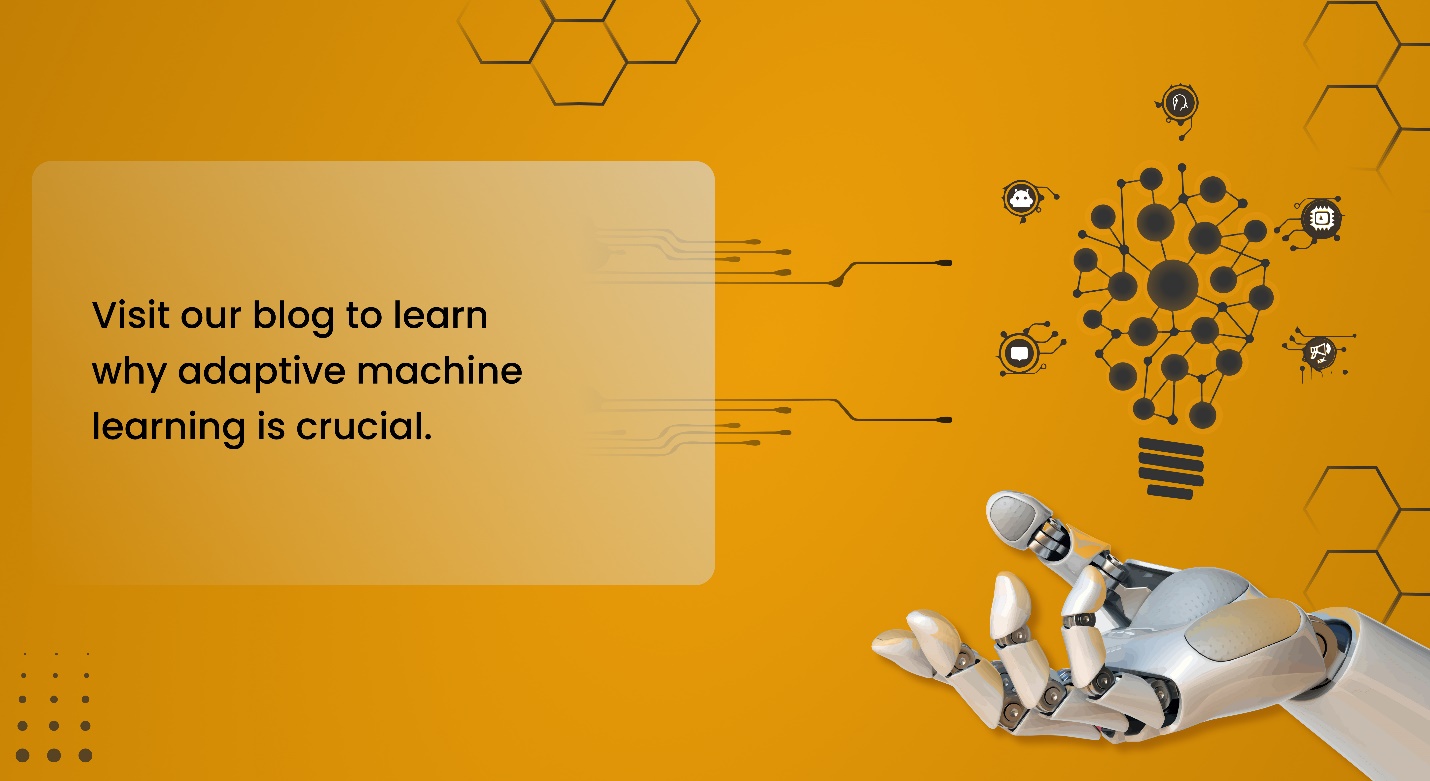Adaptive machine learning is a rapidly growing field of technology that is revolutionizing the way machines interact with their environment and make decisions. It is an artificial intelligence system that is designed to learn from its experiences and adjust its behavior in response to changes in its environment. This type of learning enables machines to make decisions on their own, without relying on pre-programmed rules or instructions.
Introduction
Adaptive machine learning is a process by which machines learn from the data they are given and use it to improve their predictive capabilities. Adaptive machine learning allows for more accurate predictions, as well as more efficient learning.
In adaptive machine learning, a model is trained on a set of data that is then used to make predictions about new data. The model uses this feedback to improve itself and make more accurate predictions in the future.
How does it differ from traditional machine learning?
Adaptive machine learning is a subset of traditional machine learning, in which a model is constantly adapting to new data. This differs from traditional machine learning because it does not rely on pre-existing data sets to train the model, which means that it can be applied to new situations with little or no prior knowledge.
The two methods are similar in that they both involve learning from data and making predictions based on the insights gained from this data. However, adaptive machine learning differs in that it uses more sophisticated algorithms that allow for continuous feedback during training.
Why is adaptive machine learning important?
The world around us is constantly changing, and the machines we build need to be able to change with them. Adaptive machine learning is a way to train a system to learn and react as new information comes in.
Adaptive machine learning is important because it allows machines to make decisions based on the current situation rather than just relying on a pre-defined set of rules or instructions. In this way, adaptive machine learning systems are capable of more flexibility than traditional machine learning systems.
Advantages of Adaptive Machine Learning
The advantages of adaptive machine learning are numerous, including:
- Adaptive machine learning is a more efficient way to learn than traditional machine learning because it can be applied to problems with a large number of variables, as well as problems with many parameters.
- Adaptive machine learning can be used in any situation where the computer can gather information about its environment and use that information to optimize its decision-making. This includes applications such as self-driving cars, customer service chatbots, etc.
- Adaptive machine learning can adapt itself based on what’s happening in real-time. Because of this, it’s better suited for some problems than others.
How can you use adaptive machine learning in your business?
Adaptive machine learning is a process of training a computer to adapt to new data, which helps it make better decisions.
The first step in using adaptive machine learning is collecting data from your business. This might be something like inventory levels or customer information. You can then train your model using the data you’ve collected.
Once your model has been trained, it will be able to help you make decisions based on what it’s learned about your business and its customers. These decisions could include anything from product recommendations to pricing adjustments.
Final Takeaways
Adaptive machine learning is a new way of thinking about machine learning. It applies to nearly all machine learning algorithms and can be used to improve the performance of all machine learning algorithms. Combining this technique with the traditional method of designing machine learning algorithms can often result in a much higher-performing algorithm.

